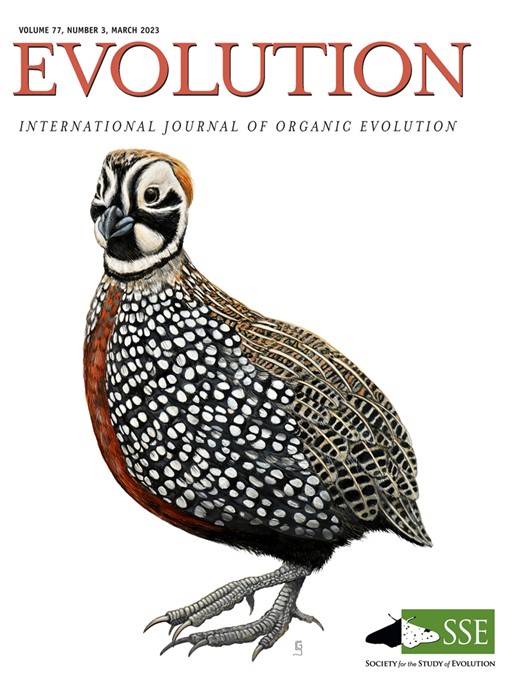I earned my PhD in Biological Sciences at Purdue University, where I trained as an evolutionary and conservation genomicist in the lab of Dr. Andrew DeWoody. My research centered on understanding how demographic history shapes the genetic health and adaptive potential of small, isolated wildlife populations, with a focus on the Montezuma quail (Cyrtonyx montezumae)—one of North America’s least studied bird species.

My dissertation combined whole-genome sequencing, population genomics, and forward-time evolutionary simulations to address a fundamental question in conservation biology: how do deleterious mutations accumulate and affect fitness in small populations? I created the first high-quality nuclear and mitochondrial genome assemblies for Montezuma quail, developed a custom SNP genotyping panel, and conducted comparative analyses across populations in Texas, New Mexico, and Arizona.
One of my key contributions was introducing the conceptual distinction between “potential genetic load” (deleterious variants present) and “realized genetic load” (deleterious variants expressed in homozygous form). This framework helped clarify how inbreeding depression and adaptive erosion unfold in differently structured populations—and was later featured in a Nature Reviews Genetics article for its conceptual impact.

My work demonstrated that historically large populations that have recently declined are at greater risk of inbreeding depression, while chronically small populations are more likely to suffer from reduced adaptive potential. These findings have direct implications for how we assess extinction risk and manage endangered species.

- Clarence Cottam Award (Texas Chapter of The Wildlife Society)
- Outstanding Interdisciplinary Project Award (Purdue Graduate School, 2020)
- Journal cover and most-cited article in Evolutionary Applications
My dissertation was recognized with several awards, including:
- Clarence Cottam Award (Texas Chapter of The Wildlife Society)
- Outstanding Interdisciplinary Project Award (Purdue Graduate School, 2020)
- Journal cover and most-cited article in Evolutionary Applications
Purdue was also where I discovered my passion for computational biology, large-scale data analysis, and scientific storytelling—skills I continue to apply and grow today.